
Basic Information About Parkinson`s disease
Parkinson's disease is a disease of the nervous system. There is a gradual loss of nerve cells in the case of Parkinson’s disease. Messages, that are important for body movement control, are transmitted from one to another brain cell. These messages are transmitted via chemicals (neurotransmitters) that cross from one nerve cell to another. Dopamine is one of the most important neurotransmitter that is involved in the control of body movements. In people with Parkinson’s disease, there is a lack of dopamine in the brain. Therefore, the transmission of messages is disturbed and lack of dopamine leads to problems with the control of movement. Parkinson’s disease symptoms appear gradually. The main physical symptoms of Parkinson's disease are: slowness of movement, stiffness, tremors and loss of balance. The type and severity of symptoms could vary from person to person.

Studies Claim 2 To 4 Cups Of Coffee Daily Can Reduce The Chance Of Getting Parkinson`s
Good news for all those who enjoy a cup of coffee. It has long been believed that coffee may increase the risk of heart disease or cancer. However, these facts have never been scientifically proven. On the other hand, it has been proven that coffee reduces the risk of Parkinson's disease. Studies have shown that 2 to 4 cups of coffee a day can reduce the risk of Parkinson's disease. A substance that reduces the risk of Parkinson's disease is caffeine, while the other components of coffee do not have that power. However, coffee intake should be moderate, because excessive intake of coffee can cause insomnia, anxiety and nervousness.
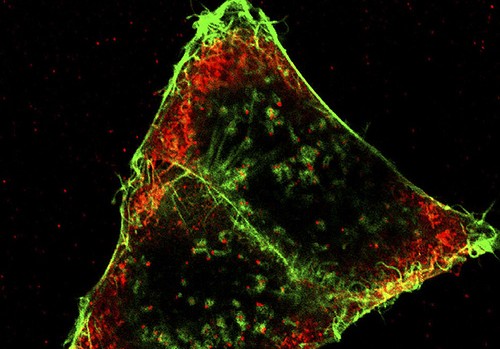
People Should Avoid Toxins
It has been shown that exposure to certain toxins increases the risk of developing Parkinson's disease. Men can be occupationally exposed to these toxins. Also, these toxins can be found in the environment. People should avoid exposure to different herbicides such as paraquat, diquat, cyperquat, diethamquat, difenzoquat. Next, insecticides such as rotenone should be avoided. In addition, people should avoid exposure to manganese (often occupationally exposure to manganese). The use of protective masks is very important. It has been shown that N-hexane, trichloroethylene and cyanide increase the risk of Parkinson's disease. Also, the use of drugs such as MPTP (1-methyl 4-phenyl 1,2,3,6-tetrahydropyridine) and heroin can be associated with the development of Parkinson's disease.
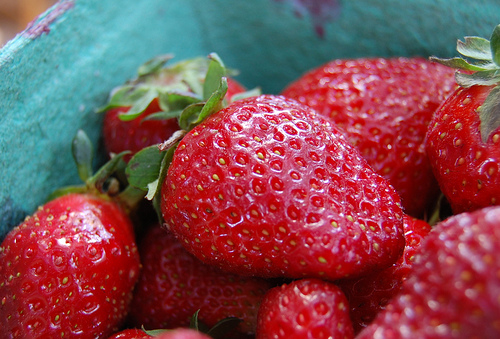
Eat Foods Rich In Polyphenols
It has been shown that a diet rich in polyphenols may reduce the risk of Parkinson's disease. Free radicals are created under the influence of various toxins. Free radicals damage the structure of body and this activity leads to disease. Polyphenols are substances that have antioxidant activity. Polyphenols neutralize free radicals in the body and thus, prevent the development of Parkinson’s disease. Foods that are rich in polyphenols are: fruit, grain, vegetables etc. Also, polyphenols can be found in coffee, tea, dark chocolate, red wine and beer. It is important to eat fresh and raw fruits and vegetables, because heat treatment contributes to loss of polyphenols.
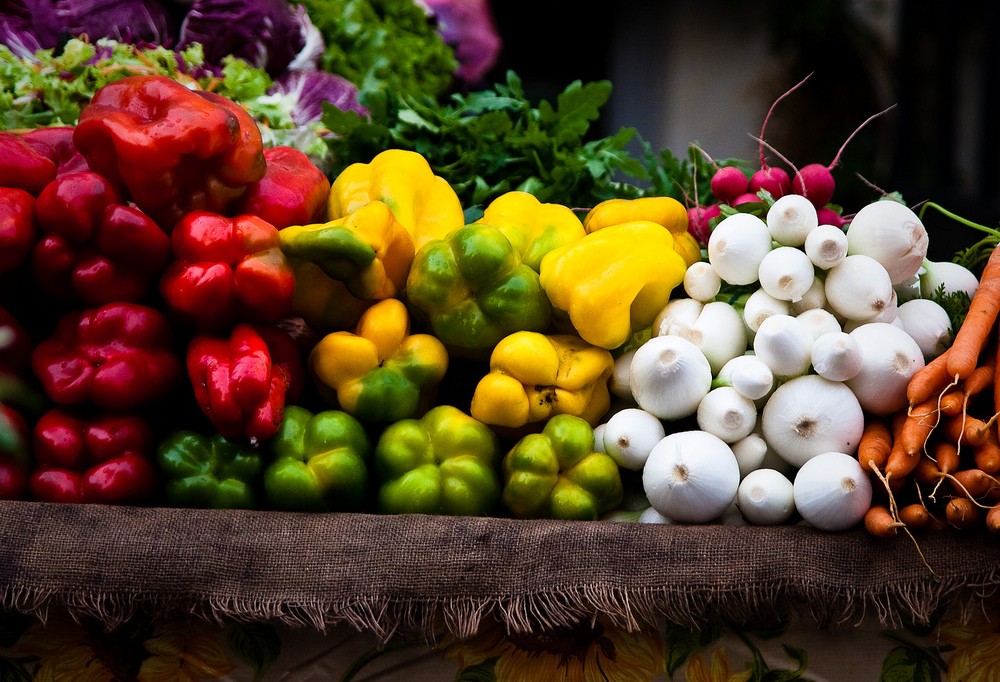
Fresh, Raw Vegetables Are A Great Source Of Folic Acid
According to the Journal of Neurochemistry, studies in mice have shown that increased intake of folic acid can prevent onset of neurodegenerative diseases such as Parkinson's disease. It has been shown that mice who received folic acid are more resistant to the effects of chemicals that cause symptoms of Parkinson's disease. Folic acid reduces homocysteine production. Homocysteine is substance that damages nerve cells in the human brain. Therefore, elevated intake of foods containing folic acid is good prevention of Parkinson's disease. Vegetables are a great source of folic acid. But, you need to eat fresh and raw vegetables, because vitamins and other beneficial substances, such as folic acid, can be destroyed during heat treatment.

Women Should Preserve Their Estrogen Level
Scientific studies have shown that the incidence of Parkinson's disease is higher in men. Also, women who gave birth to four or more children are at increased risk of developing Parkinson's disease compared to women who had been pregnant three times or less (the level of estrogen in the body decreases after childbirth). In addition, it has been proven that women whose fertility period lasted longer (earlier menarche and later menopause) have 25% lower risk of developing Parkinson's disease compared to women whose fertility period lasted shorter. This is because the level of estrogen decreases at menopause. All this supports the fact that estrogen has a protective effect on the development of Parkinson's disease.
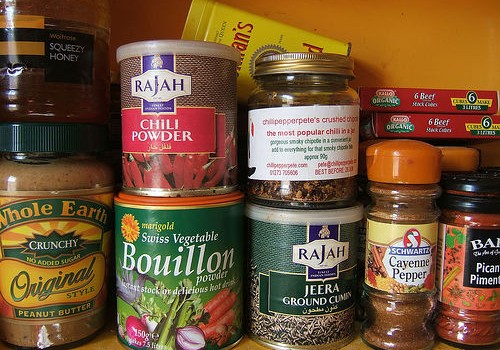
Avoid Too Spicy Food Rich In Iron And Manganese
It has been proven that higher manganese and iron intake increases the risk of Parkinson's disease. Therefore, moderate intake of foods containing manganese and iron is recommended. Foods that are rich in manganese and iron are leafy green vegetables, nuts, fruits, whole grains, spices, chocolate etc. Vegetables, nuts, fruits and whole grains contain proteins, vitamins, fibers etc. All these ingredients have a beneficial effect on the body, so it is not recommended to avoid them. However, sweets and spices (such as salt, saffron, cardamom, ginger, basil and pumpkin pie spice) should be reduced or avoided in your daily diet. They do not contain nutritionally beneficial substances. Reduced exposure to manganese and iron is useful in reducing the risk of Parkinson's disease.

Go Out And Exercise
According to the recommendations of the American Academy of Neurology's, moderate physical activity decreases the risk of Parkinson's disease. It was found that physical activity such as jogging, aerobics, swimming reduces the risk of Parkinson's disease by 40% compared to people who did not engage in physical activity. It is recommended to exercise at least 5-6 hours or to swim 3-4 hours per week. Also, it is proved that light physical activity (walking or playing) does not reduce the risk of occurrence of Parkinson's disease. It is especially important to do exercise in your thirties and forties (the period before increased risk of Parkinson's disease). Also, physical activity, as a part of secondary prevention, is recommended in the early stage of the disease.
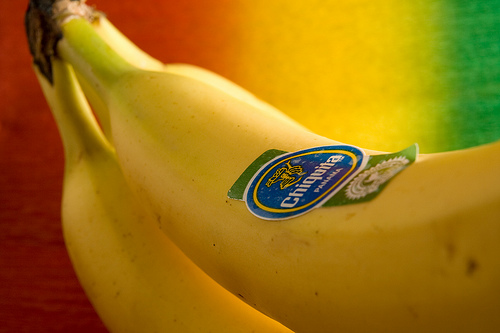
Foods That Contain Dopamine Are Excellent For Prevention Of Parkinson's Disease
Parkinson's disease is a consequence of low levels of a neurotransmitter called dopamine. This neurotransmitter is normally produced in the brain. Dopamine is important for the control of voluntary movements. Therefore, increased intake of foods that contain dopamine is a good way to prevent occurrence of Parkinson's disease. Fruits like banana, watermelon, pumpkin etc. contain substances that are metabolized into dopamine in the body. Also, groceries such as salmon, tuna and dairy products contain substances that stimulate the secretion of dopamine. Wheat germ contains phenylalanine. Phenylalanine is an amino acid that is metabolized to tyrosine. Finally, dopamine is made from tyrosine.

Who Is At Risk The Most?
Age is the main risk factor for Parkinson's disease. Men are affected more often than women. It was found that estrogen has a protective effect against neurodegenerative process. Studies have also shown that patients who are disciplined, shy, depressed and meticulous person have a higher risk of developing Parkinson's disease. These patients usually do not drink alcohol and consume cigarettes. But still, it is not known whether these behavioral traits are a risk factor or an early sign of a dopamine lack. In addition, people who are exposed to herbicides, pesticides, heavy metals (including manganese) have a higher risk of developing Parkinson's disease. Hereditary caused Parkinson's disease affects only a small number of patients. Close relatives have 17% chance to suffer from Parkinson's disease if there is a family member who suffers from Parkinson's disease.


















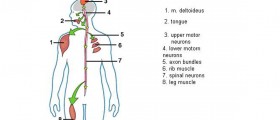

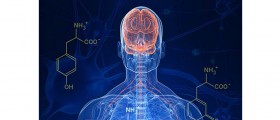




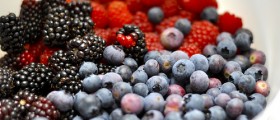
Your thoughts on this
Loading...